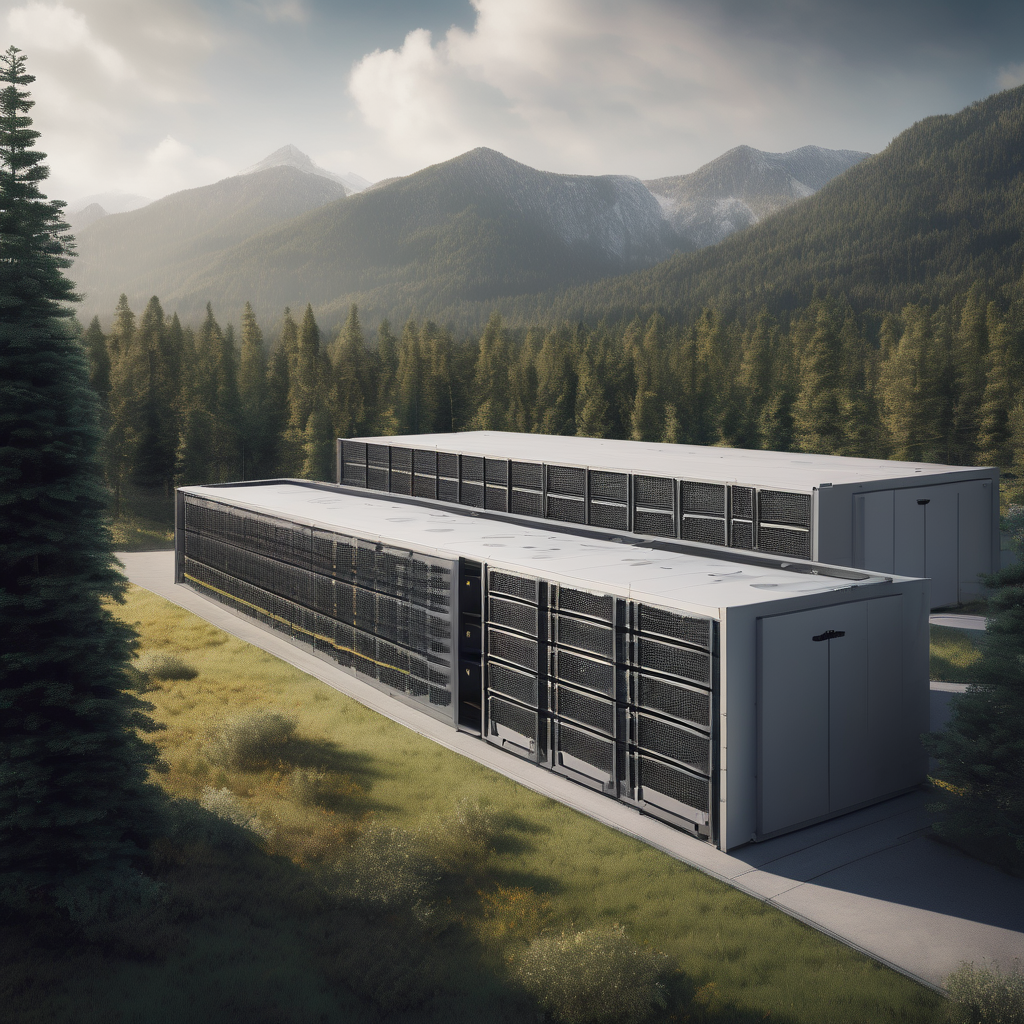Citizen organizations are intensifying their opposition to the proposed microgrid energy facility in Tucker County, known as the Ridgeline power plant. Groups like Tucker United, the West Virginia Highlands Conservancy, and Friends of Blackwater have taken their appeals to the state’s Intermediate Court of Appeals, demanding access to more detailed information regarding the facility. Previously, they had sought transparency from the West Virginia Department of Environmental Protection and the Air Quality Board after noticing significant redactions in the draft permit of Fundamental Data, the firm behind the project, citing “trade secrets.”
Olivia Miller from the West Virginia Highlands Conservancy raised concerns over the lack of accessible public safety information, particularly regarding emissions and design details that are obscured in the permit application. She emphasized the secrecy surrounding the project, stating, “From the start, the project has raised a lot of concerns, not just because of its potential pollution and size, but also because of how little the public has been allowed to know about it.”
The application lacks specifics on what the Ridgeline facility will ultimately power, with only confirmation from Fundamental Data that a data center will be situated on the site, as reported by the Wall Street Journal. Miller also expressed concern regarding the transparency of the company itself, noting its website only features a corporate logo and an automated chatbot, raising doubts about the implications for future data center developments which lawmakers have been eager to support.
“This speaks to a broader issue regarding data center expansion across the state,” Miller remarked. “We know this sets a troubling precedent not only for Tucker County but for communities throughout West Virginia if permits can be issued in such a secretive manner.”
This legal action comes on the heels of a previous challenge in September when the same groups filed a lawsuit against the DEP’s approval of the Ridgeline air quality permit, highlighting the ongoing issues with excessive secrecy in the permitting process.
Nikki Forrester, a spokesperson for Tucker United, pointed out the challenges faced in their initial appeals, as the Air Quality Board claimed it lacked jurisdiction to hear them and deemed their complaint premature. “This is really problematic because it means that people and the public didn’t have the ability to provide meaningful comments on this air quality permit when it was in its draft stage,” she explained, noting the difficulty in crafting informed comments due to the unknown factors surrounding the project.
A hearing to address the appeal concerning the air quality permit application is scheduled for November 5 at 8:30 a.m. in Charleston, where community advocates hope to finally gain clarity on the future of the Ridgeline facility and its implications for environmental safety. The continued push for transparency reflects a growing concern among residents about the impact of such developments on public health and safety in West Virginia.
